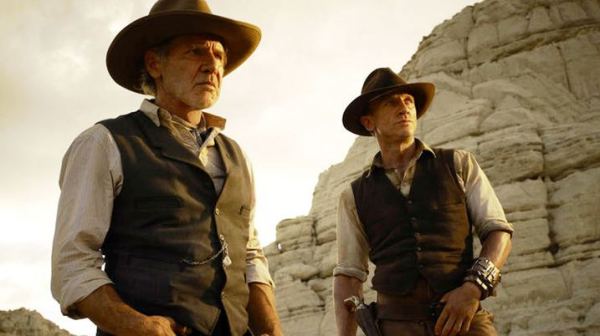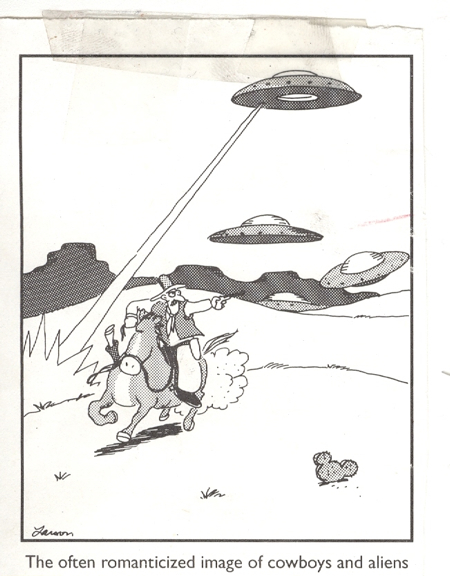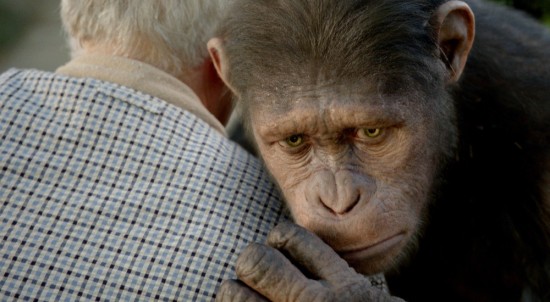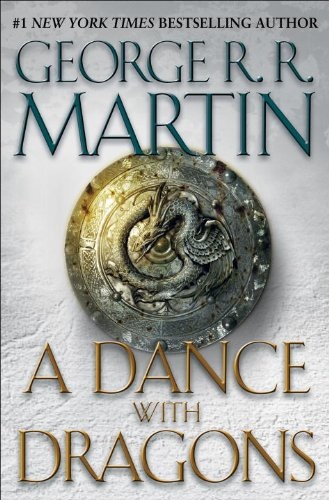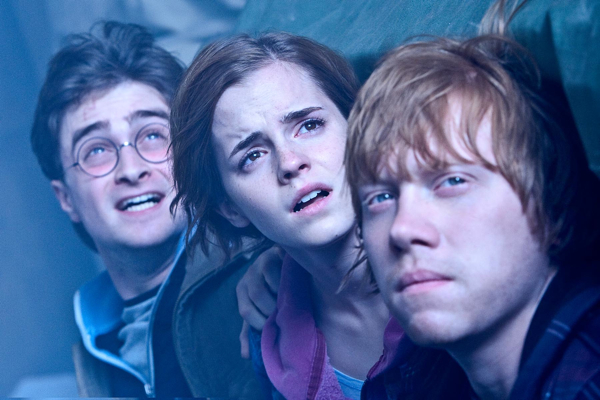Snuff

Samuel Vimes is one of the most beloved, and most featured, of all characters in the ever broadening Discworld series. When Terry Pratchett presents you with a City Watch book (“City” having become increasingly loosely defined as the series has progressed), you attack it in a different mind frame to any of his other books. This is because, when Vimes is in Pratchett’s hands, he becomes an incredibly single minded author. It is only rarely that we are taken out of the mind of Ankh-Morpork’s chief protector, and then that is usually only to be placed at the mercy of the inscrutable Lord Vetinari.
Essentially, Pratchett knows what he likes when he’s writing Vimes, and he hopes that the audience likes it, too. Fortunately, Pratchett is in but one of his many elements. The transcendental nature of I Shall Wear Midnight was always going to be a hard act to follow, so Pratchett does not try. Instead, he places us in the company of a man who has not had a book to himself since 2005 – and he has had the good grace to have made the world move in such time. Vimes is not in the same space as he was in Thud!, and the novel reads all the better for it.


